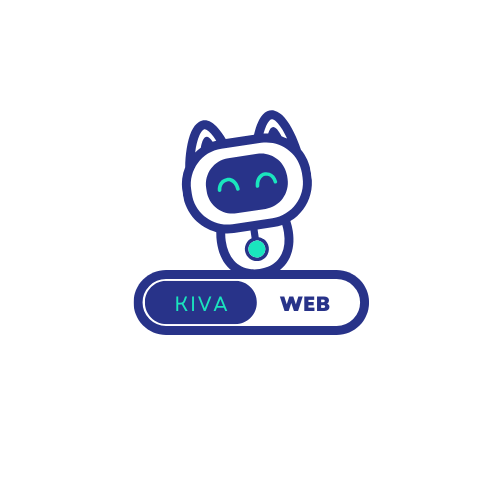Throughout the digital age, the term “artificial intelligence” has been bandied about like confetti at a tech convention. You’ve got AI, machine learning, and an array of buzzwords that make your head spin. But what if there’s a secret club of synonyms just waiting to be discovered? Buckle up, because understanding the synonyms of artificial intelligence isn’t just a linguistic treasure hunt, it’s like having the key to a digital kingdom that’s rapidly expanding. So, grab your virtual magnifying glass: it’s time to explore this intriguing realm.
Table of Contents
ToggleUnderstanding Artificial Intelligence

Artificial intelligence, often referred to as AI, is a revolutionary branch of computer science designed to mimic human cognitive functions. Tasks that require intelligence, like problem-solving, learning, and reasoning, are now within the capabilities of machines. It’s not just robots that spring to mind: AI encompasses various fields such as natural language processing and computer vision. In short, AI is a concept that bridges the gap between human intellect and computer precision, enabling machines to perform tasks that once required human intervention.
The beauty of AI lies in its complexity and adaptability. It can learn from experiences, adjust to new inputs, and perform tasks with a level of efficiency that astounds human counterparts. With AI technology evolving, understanding what AI truly entails becomes paramount for professionals and enthusiasts alike.
Common Synonyms of Artificial Intelligence
While the term “artificial intelligence” might be the heavyweight champion, it comes with a plethora of synonyms that are equally relevant. Here are a few:
- Machine Learning: Often confused with AI, machine learning is a subset focused on building systems that learn from data.
- Deep Learning: This sophisticated layer of machine learning involves neural networks that mimic the human brain.
- Cognitive Computing: This term refers to systems capable of simulating human thought processes in a nuanced manner.
- Intelligent Automation: It combines robotic process automation with AI to create systems that can execute tasks autonomously.
- Smart Technology: A broad term that encompasses devices and systems equipped with AI capabilities.
Each of these terms shines a different light on the multifaceted world of AI, broadening the landscape and contributing to rich discussions in technology.
Contextual Usage of AI Synonyms
To effectively use synonyms in conversations about AI, context is key. For instance, when discussing advancements in technology, using the term “machine learning” might emphasize data-driven algorithms that improve comprehensively over time. Conversely, during a debate on ethical concerns, opting for “cognitive computing” could highlight its human-like reasoning abilities.
In a business setting, phrases like “intelligent automation” can streamline discussions around operational efficiency. It’s essential to choose the right synonym based on the audience and topic at hand. Using the correct terminology can enhance clarity and ensure that the intended message resonates with each unique group.
The Importance of Synonyms in AI Discussions
Synonyms aren’t just fluff: they play a crucial role in enriching dialogue about artificial intelligence. They allow for nuanced discussions, providing depth that can be lost when using a single term repeatedly. Also, varying language can cater to different audiences, from tech-savvy professionals to individuals unfamiliar with AI jargon.
Using synonyms effectively can also help bridge gaps in understanding. For example, introducing terms like “cognitive computing” instead of just “AI” can foster recognition of its human-like capabilities, making discussions more relatable. This is particularly beneficial when addressing stakeholders in industries that AI will transform, as it builds confidence and clarity.
Challenges in Defining AI and Its Synonyms
Even though the growth of artificial intelligence, there’s an ongoing challenge in defining AI and its synonyms uniformly. Different fields interpret these terms in various ways. While AI may evoke images of autonomous robots in one context, in another, it might be merely about data analytics. This inconsistency can lead to misunderstandings.
Besides, with rapid advancements in technology, the vocabulary associated with AI is continually evolving. New terms emerge while others fade into obscurity. Navigating this ever-changing lexicon can be daunting, requiring constant updates and adaptations in understanding.
Future Trends in Artificial Intelligence Language
Looking ahead, the language surrounding artificial intelligence is expected to undergo significant transformation. As AI infiltrates more sectors, new synonyms will likely emerge that reflect the latest advancements and applications. For example, terms like “explainable AI” and “ethical AI” are gaining traction, emphasizing the need for transparency and moral considerations in AI development.
Also, as AI systems become more integrated into everyday life, the terminology used will likely become more accessible. This is crucial for fostering an inclusive dialogue among technologists, policymakers, and the general public. Simplifying the language around AI could demystify concepts and enhance engagement, paving the way for wider acceptance and collaboration.










